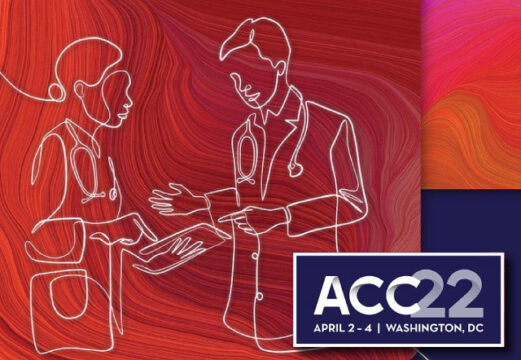Thirty-eight patients were enrolled in the renal denervation (RDN) group, and 42 in the control group.

The mean ambulatory systolic blood pressure and the mean ambulatory diastolic blood pressure were significantly lower at 24 and 36 months for patients in the RDN group compared with the control group, despite similar medical treatment with antihypertensive drugs.
Antihypertensive drugs received at 36 months were 2.13 in RDN and 2.55 in the control group (p = 0.24).
At 36 months there was a reduction in systolic pressure of -18.7 mmHg for RDN vs. -8.6 mmHg for the control group (n = 32; adjusted treatment difference -10.0 mm Hg, 95% confidence interval: 16.6 to -3.3; p = 0.0039), as well as a reduction in diastolic pressure of -11 mmHg (-19.8 to -2.1; p = 0.016) and a reduction in morning systolic pressure.
Original Title: Long-term efficacy and safety of renal denervation in the presence of antihypertensive drugs (SPYRAL HTN-ON MED): a randomised, sham-controlled trial.

Dr. Carlos Fava.
Member of the editorial board of SOLACI.org .
Subscribe to our weekly newsletter
Get the latest scientific articles on interventional cardiology





